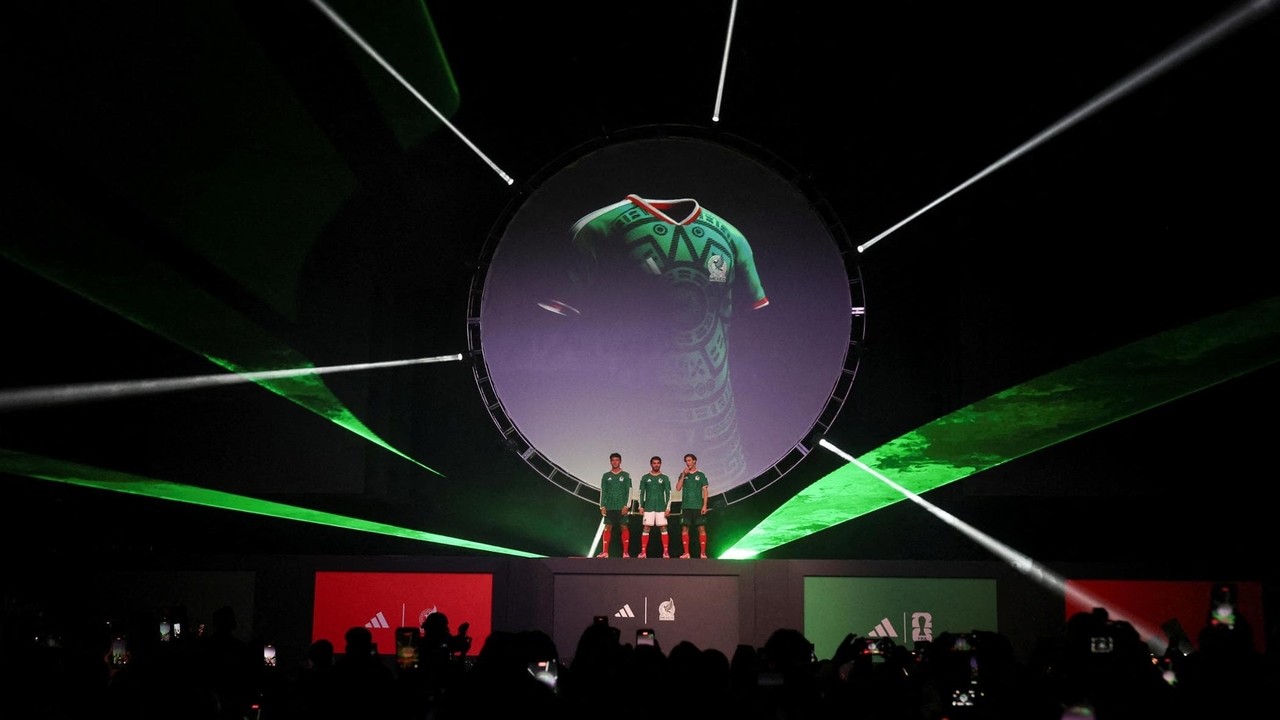Mexico City, seven months until the FIFA World Cup. Aztec is on the hunt for a street vendor.

With the World Cup now upon us, and the potential 5 million visitors it is expected to bring to Mexico, pressure is mounting on street vendors operating near stadiums. Some have already been asked by authorities to leave.
From her gelatin dessert stand in Mexico City, just steps from the Azteca Stadium, Alejandra Zarazúa anxiously observes the threat the football spectacle poses to her stall. "I'm worried about how I'll survive," the 55-year-old former hospital worker tells Agence France Presse, claiming she's been warned to leave the area. Like her, about twenty stalls have been ordered by authorities to vacate their premises, likely to be relocated to a nearby avenue, already popular with street vendors. This decision resembles a major cleanup before the World Cup.
Contacted by AFP, local authorities confirmed that negotiations are underway to determine where these "unwanted" residents could be relocated. Some street vendors have chosen to anticipate this imminent major change and are trying to adapt.
Separated from the Azteca Stadium by a simple fence, the "El Estadio" sandwich shop proudly displays portraits of Brazilian Pelé and Argentine Maradona, world champions at the 1970 and 1986 World Cups in Mexico.
The alternative plans"I'm learning English to serve international customers," proudly states owner Oscar Hernández, who is considering backup plans in case his restaurant also closes. "As a Mexican, I always find a solution. I set up a stall two streets away, and if they don't let me, I go out with my sandwiches in a bag to sell them," he continues.
Across the city, in the elegant Roma-Condesa neighborhood, Japanese chef Satoru Hasuike is finalizing his strategy to secure a concession at the Azteca Stadium. "I need to sign a contract with FIFA to set up a shop inside the stadium, not a grandstand, with a street food atmosphere," he explains, without revealing the amount he will have to pay.
Stadium-based merchandise sales are taking on growing economic and political importance in Mexico, as the World Cup is expected to generate nearly $3 billion (€2.6 billion) in economic benefits for the country, according to the Mexican Ministry of Tourism.
"A mafia"On a pedestrian crossing near the Azteca Stadium, workers are clearing away the rubble from a corridor where, just a few days ago, dozens of small stalls made of scrap metal and plastic tarps stood. "They took everything away from us during the night; we don't know where our things are," laments a vendor who ran a makeshift restaurant opened by his grandmother almost 40 years ago, requesting anonymity for fear of reprisals. "It's a mafia, there's a lot of money at stake. The bosses and the authorities need to be bribed," whispers another vendor, adding: "FIFA doesn't like us, that's why they're hunting us down."
repubblica




